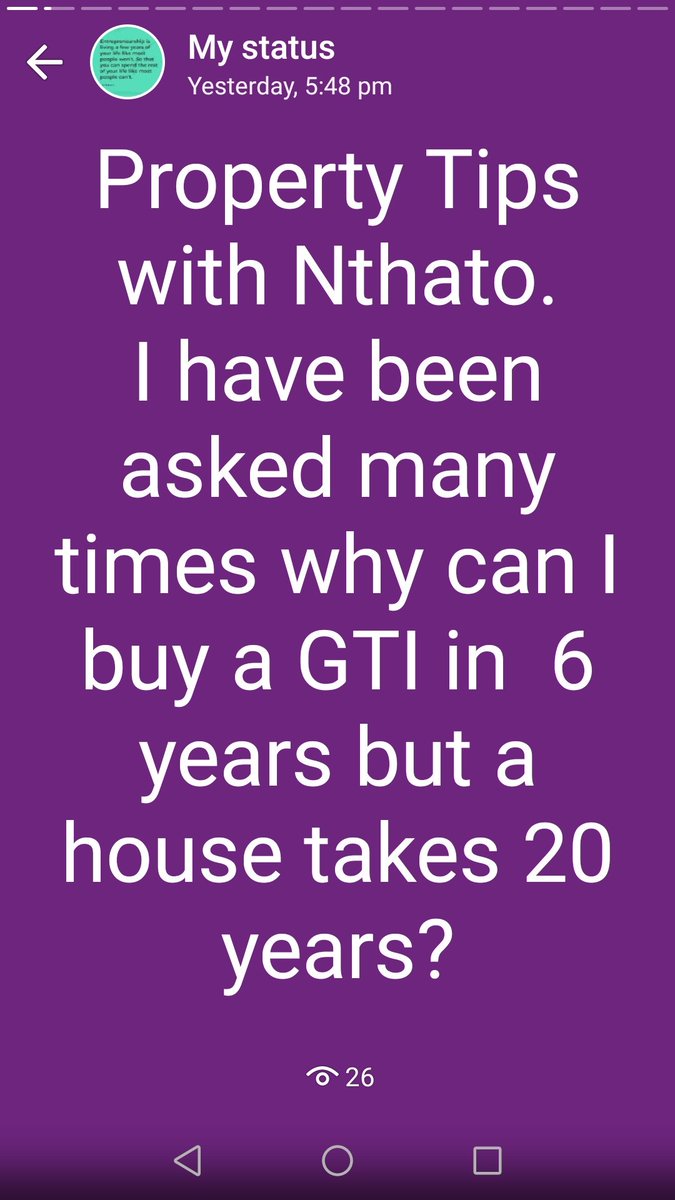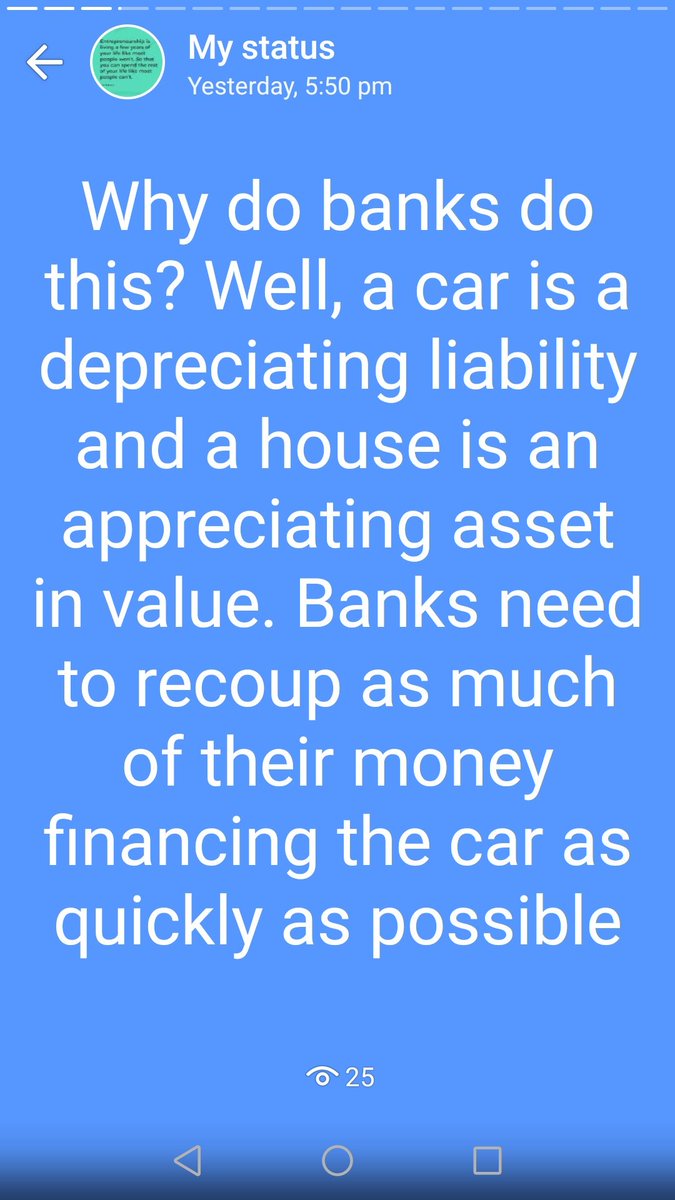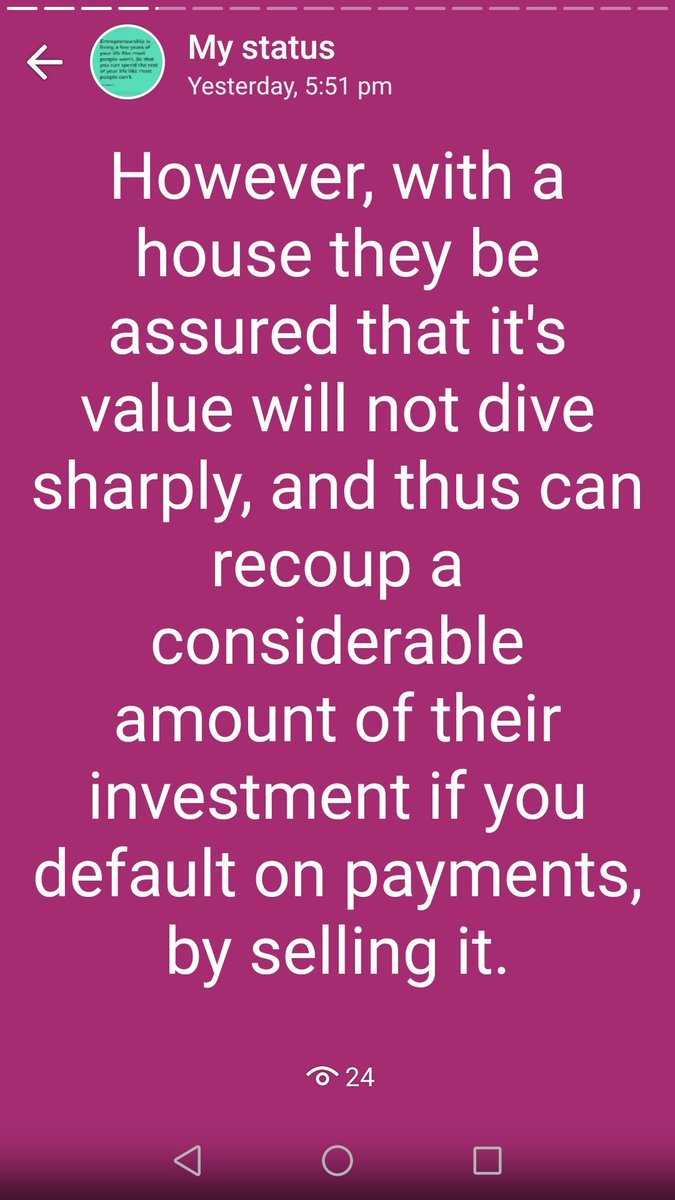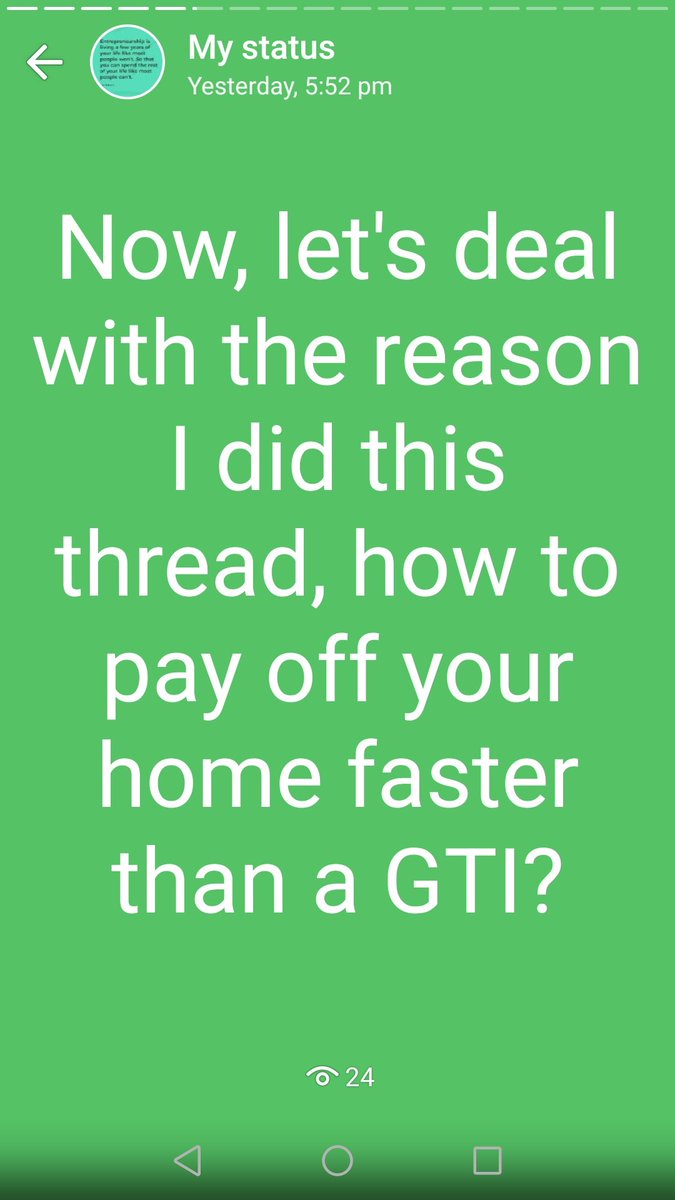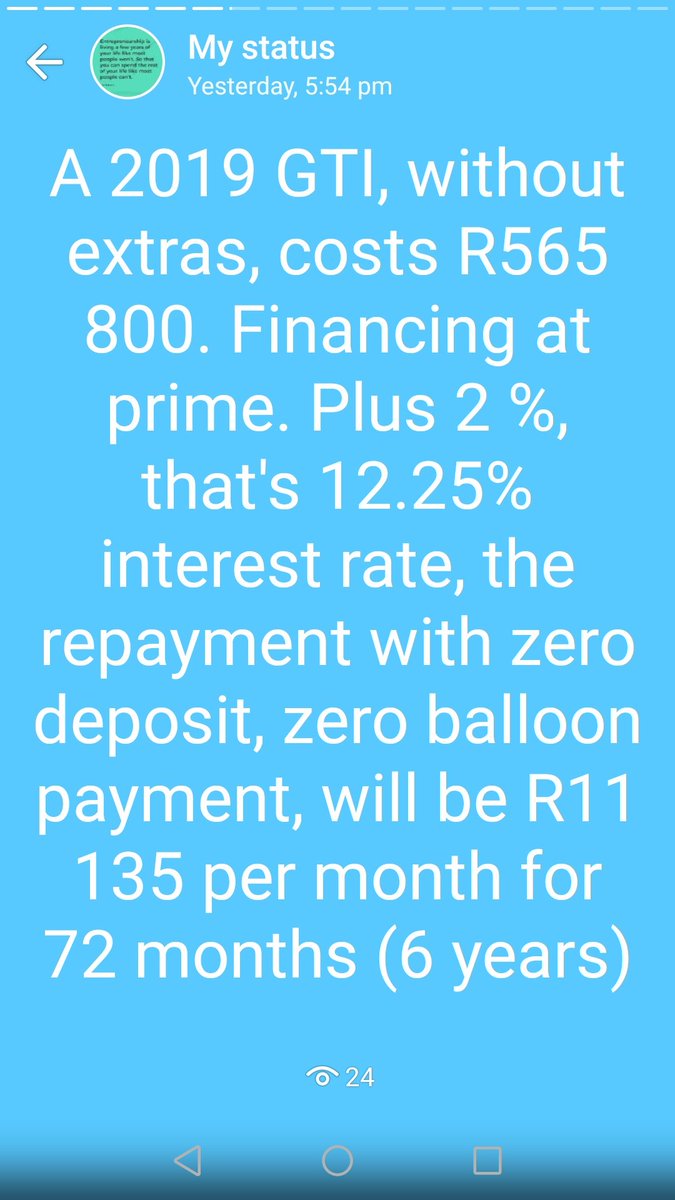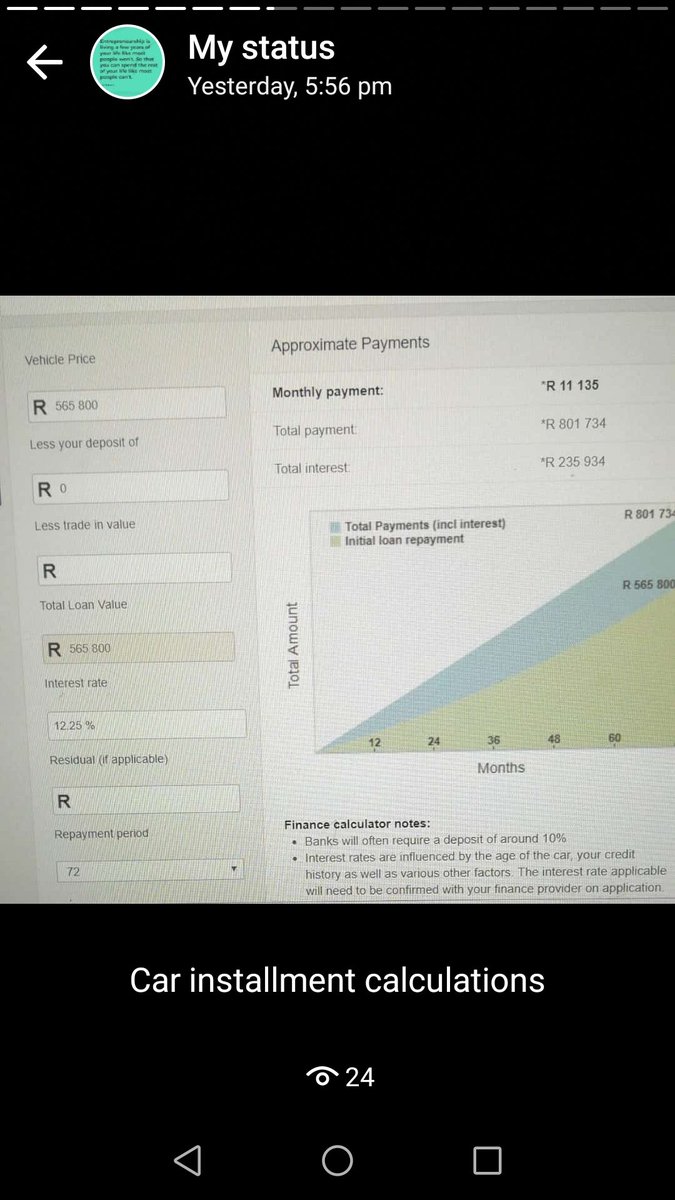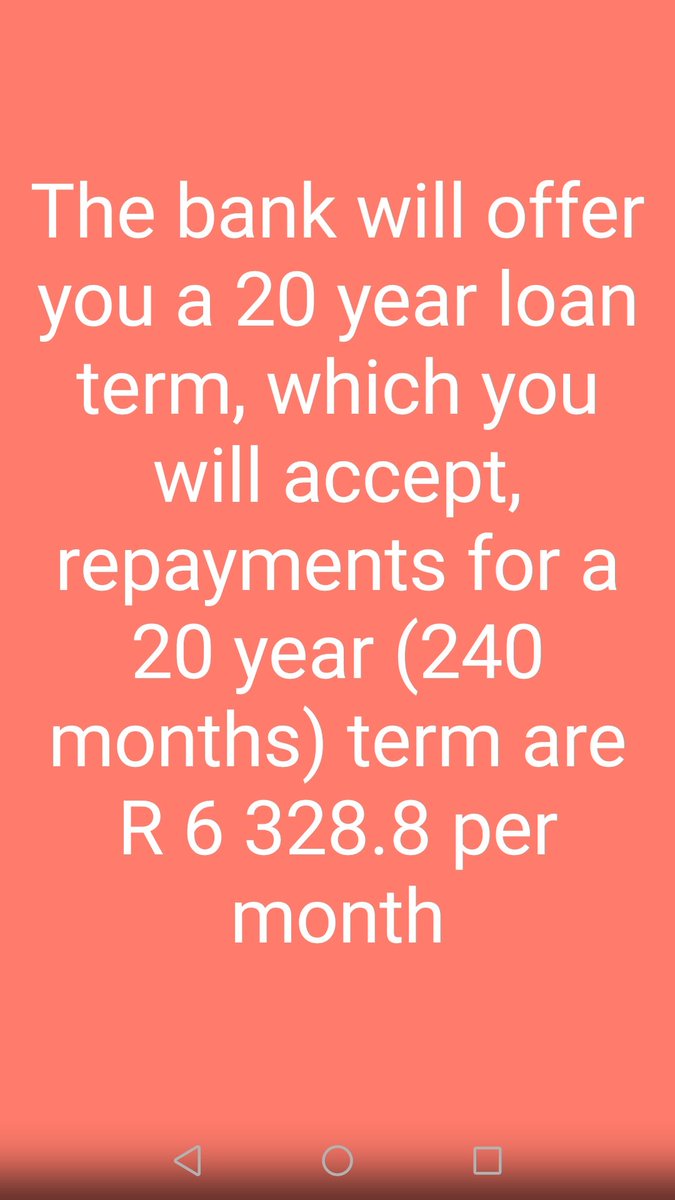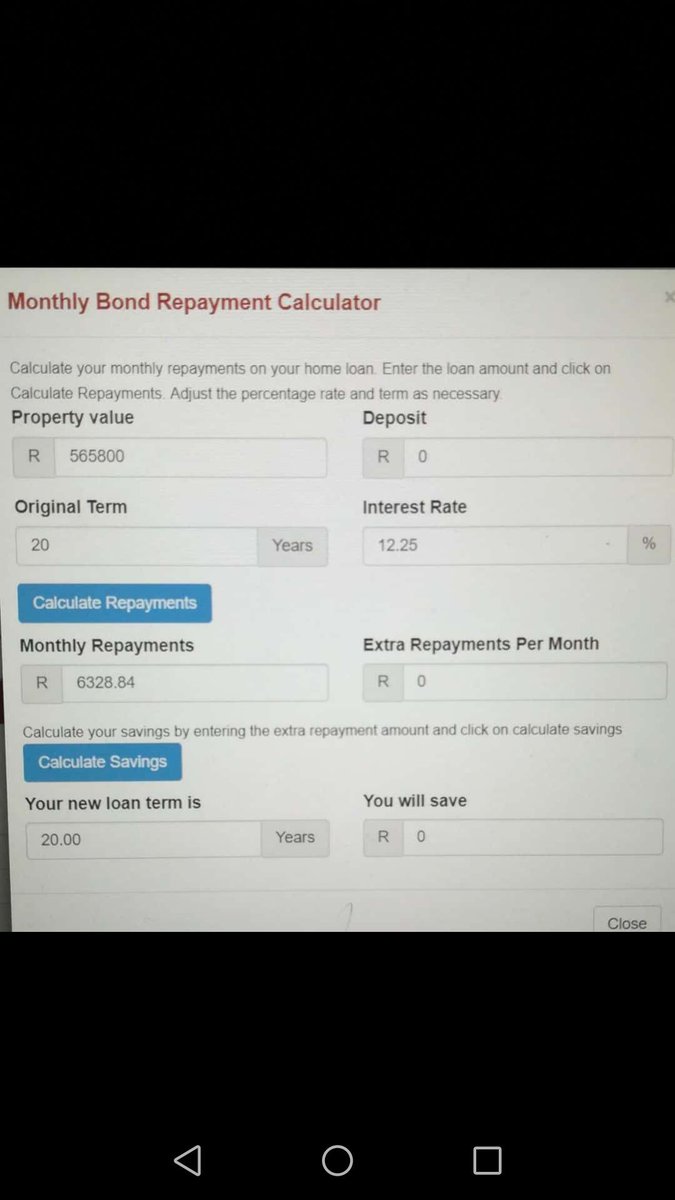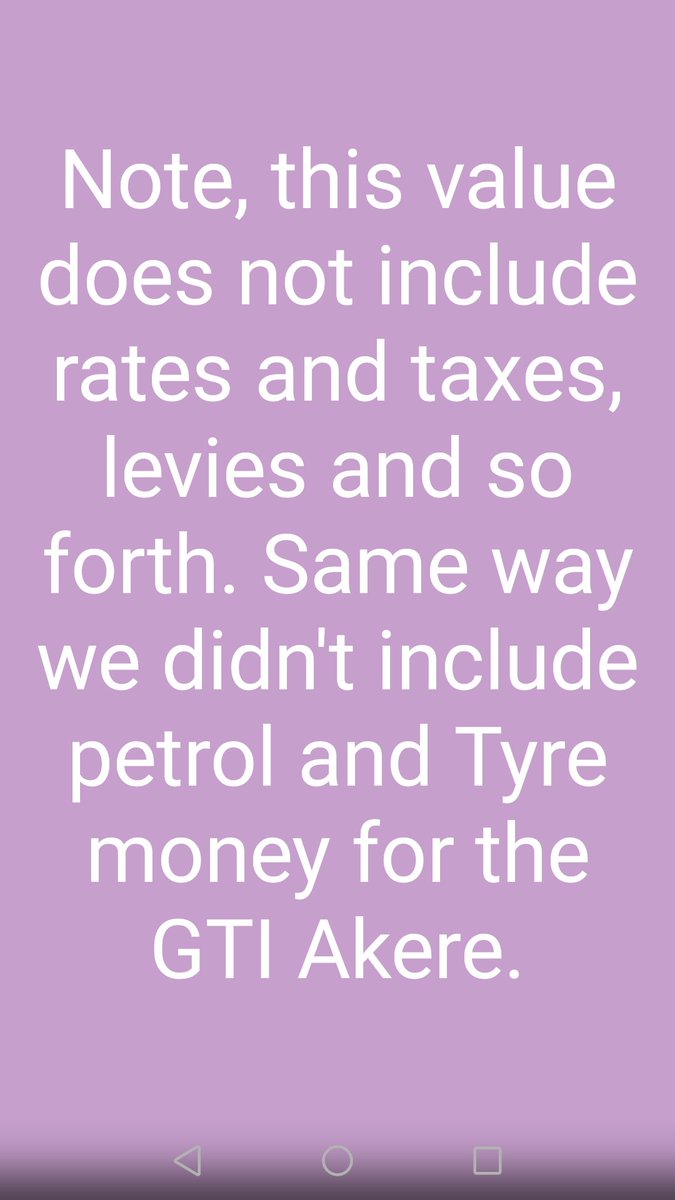A thread.
Let's go through the 3 main forms
This type of ownership offers the owner complete control of their property. Ever heard of the phrase? ku kwam'La? my house my rules?
Both the land and building are included in full title. The owner does as they please.
Also, you are responsible for municipal charges, water, electricity, refuse removal and sewage. But no levies!
This is ownership of a unit within a complex or development. These are typically semi-detached houses, townhouses and apartments that form part of a sectional title scheme.
Three words: Waterfall Country Estate.
See those beautiful estate near mall of Africa? Perfect example of long term lease. When you buy at waterfall, you don't own that land, you lease it for 99 years.
1. Natural person
2. Close corporation
3. Pty Ltd
4. Trust
Buying a home in your own name as an individual. Transfer duty will be due according to a sliding scale. Homes between R0 and R900 000 are exempt.
If it's primary residence, you're exempt from capital gains tax on the 1st R2 million profit made when you sell
A cc is a separate legal entity, a cc that owns property faces the same transfer duty, capital gains tax and tax implications of as a Pty Ltd. Ownership if restricted to 10 natural persons, and no audited Financials are required, bringing dwon costs
Purchasing property incurs transfer duty, but if the seller is Vat registered no duty is paid. But since a company cannot die no estate duty is payable. The benefit of this ownership, it can include up to 50 shareholders, as natural persons, trusts and companies
The person forming the trust if a founder, they appoint trustees who manage affairs of the trust for the benefit of the beneficiaries
The most important benefit, the properties cannot be attached by creditors when you're in debt. It's a safe protection for your assets.


